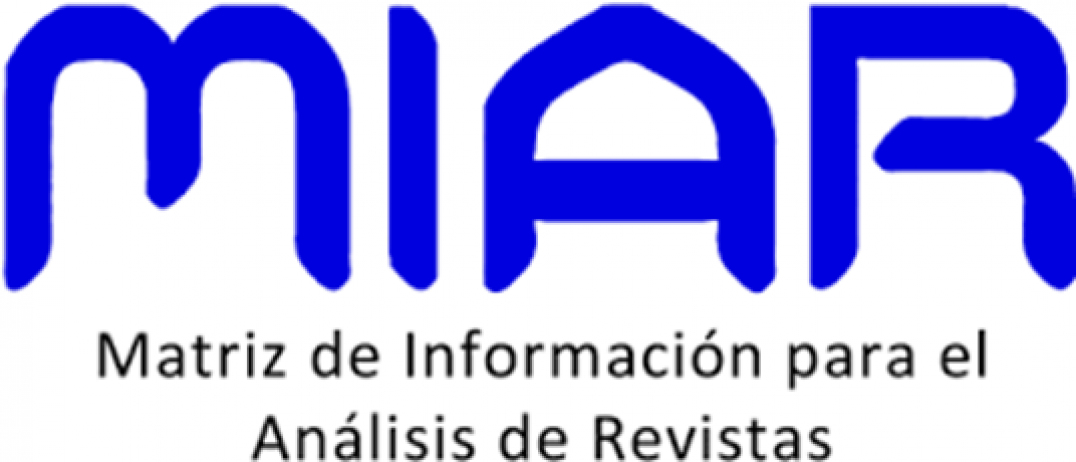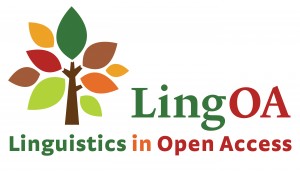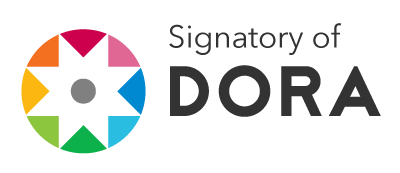Exploring the nuances of scientific communication for French-speaking English learners and researchers
DOI :
https://doi.org/10.32870/vel.vi25.289Mots-clés :
English for Academic Purposes, English for Specific Purposes, English as a Foreign Language, Scientific communication, Scientific EnglishRésumé
A medida que el panorama científico global continúa adoptando el inglés como su lingua franca, el impacto del lenguaje en la precisión y comprensión de la terminología científica se vuelve cada vez más importante. Este artículo explora la relación entre el uso del inglés y la precisión de la comunicación científica, destacando los desafíos que enfrentan los estudiantes de inglés no nativos (franceses). Considera los matices que surgen de las diferencias lingüísticas y examina casos en los que diferencias lingüísticas sutiles pueden llevar a una mala interpretación y malentendidos en el discurso científico.
Basándose en la experiencia de enseñar inglés con fines específicos a estudiantes de posgrado en Francia, esta exploración se extiende a los obstáculos lingüísticos comunes, resaltando estructuras específicas del idioma y algunas influencias culturales que enfrentan tanto estudiantes como investigadores. Centrarse únicamente en las complejidades que enfrentan estos estudiantes en ciencia (matemáticas, ingeniería) arroja luz sobre las posibles barreras que impiden la articulación clara y precisa de ideas científicas.
Los argumentos presentados buscan demostrar el impacto del inglés en la interpretación de términos científicos, utilizando ejemplos de la vida real (actividades en el aula) para ilustrar estos desafíos, que son comúnmente enfrentados y afectan el enfoque de enseñanza del profesor. Finalmente, el artículo aboga por un enfoque consciente del uso del lenguaje en el discurso científico, destacando la necesidad de investigar enfoques que faciliten una comprensión más clara entre los investigadores, independientemente de sus antecedentes lingüísticos.
Téléchargements
Références
Achieng, S. A. (2021). “Excuse my misunderstanding”: Using intercultural approach to teach English as a foreign language in France. International Journal on Social and Education Sciences (IJonSES, 3) (4), 696–709. https://doi.org/10.46328/ijonses.230
Achieng, S. A. (2023). Exploring effective teaching approaches for English as a For-eign Language (EFL) instructors: Best practices and future directions. International Journal on Studies in Education (IJonSE), 5(4), 515–529. https://doi.org/10.46328/ijonse.170
Anthony, L. (2018). Introducing English for Specific Purposes. Routledge.
Basturkmen, H. (2010). Developing courses in English for specific purposes. Palgrave Macmillan.
Belcher, D. (2012). English for specific purposes in theory and practice. University of Michigan Press.
Broughton, G., Brumfit, C., Flavell, R., Hill, P., & Pincas, A. (2003). Teaching English as a foreign language (2nd ed.). Routledge.
Council of Europe. (2020). Common European Framework of Reference for Languages: Learning, teaching, assessment – Companion volume. Council of Eu-rope Publishing.
Craig, L., & Tucci, L. (2024). What is machine learning? Guide, definition and exam-ples. Retrieved from https://www.techtarget.com/searchenterpriseai/definition/machine-learning-ML
Cummins, J. (2001). Language, power, and pedagogy: Bilingual children in the cross-fire. Multilingual Matters.
Deardorff, D. K. (2020). Intercultural competence in higher education: International approaches, assessment, and application. Routledge. https://doi.org/10.4324/9780429443382
Dudley-Evans, T., & St John, M. J. (1998). Developments in English for specific pur-poses: A multi-disciplinary approach. Cambridge University Press.
Harmer, J. (2015). The practice of English language teaching (5th ed.). Pearson Education ESL.
Hutchinson, T., & Waters, A. (1987). English for specific purposes: A learning-centred approach. Cambridge University Press.
Hyland, K. (2006). English for academic purposes: An advanced resource book. Routledge.
Hyland, K. (2019). Second language writing and learning in ESP contexts. Journal of English for Academic Purposes, pp. 42, 25–33. https://doi.org/10.1016/j.jeap.2019.05.003
Ibbotson, M. (2008). Cambridge English for engineers. Cambridge University Press.
Jaime, A., & Díaz, A. (2012). Introduction to technical English for engineering. Thom-son Learning.
Johns, A. M., & Dudley-Evans, T. (1991). English for specific purposes: International in scope, specific in purpose. TESOL Quarterly, 25(2), 297–314. https://doi.org/10.2307/3587465
Larsen-Freeman, D., & Anderson, M. (2011). Techniques and principles in language teaching (3rd ed.). Oxford University Press.
Le Robert. (1996). Le dictionnaire Robert: Dictionnaire de la langue française. Le Robert.
Macaro, E., Curle, S., Pun, J., An, J., & Dearden, J. (2018). A systematic review of English Medium Instruction in higher education. Language Teaching, 51(1), 36–https://doi.org/76.10.1017/S0261444817000350
Memory, N. D., Nkengbeza, D. & Liswaniso, C.M. (2018). The effects of code-switching on English language teaching and learning at two schools in Sibbinda cir-cuit. International Journal of English Language Teaching, 6(5) 56-68. Retrieved from https://www.eajournals.org/wp-content/uploads/The-Effects-of-Code-Switching-On-English-Language-Teaching-and-Learning-at-Two-Schools-in-Sibbinda-Circuit.pdf
Nordquist, R. (2020). English as a foreign language (EFL) definition and examples. ThoughtCo. Retrieved from https://www.thoughtco.com/english-as-a-foreign-language-efl-1690599
Paltridge, B., & Starfield, S. (2013). The handbook of English for specific purposes. Wiley-Blackwell.
Richards, J. C., & Farrell, T. S. C. (2011). Practice teaching: A reflective approach. Cambridge University Press.
Richards, J. C., & Rodgers, T. S. (2014). Approaches and methods in language teach-ing (3rd ed.). Cambridge University Press.
Sarré, C., & Whyte, S. (2016). Research in ESP teaching and learning in French high-er education: Developing teacher expertise and learner proficiency. ASp, 69, 139–161.
Schön, D. A. (1983). The reflective practitioner: How professionals think in action. Basic Books.
Téléchargements
Publiée
Versions
- 2025-08-13 (4)
- 2025-07-17 (3)
- 2025-01-22 (2)
- 2025-01-01 (1)














